Position Summary:
As a Security Officer, your primary responsibility is to maintain a safe and secure environment for the premises, property, and individuals within your designated area. You will be responsible for monitoring and patrolling the premises, enforcing security regulations, and responding to security incidents. Your role plays a crucial part in deterring potential threats, preventing unauthorized access, and ensuring the overall safety of the facility.
Key Responsibilities:
1. Surveillance and Monitoring:
Conduct regular patrols to monitor the premises, including buildings, grounds, and parking areas.
Use surveillance systems, such as CCTV cameras, to monitor activities and identify suspicious behavior or security breaches.
Report any security incidents, violations, or unusual occurrences promptly and accurately.
2. Access Control:
Control access points by verifying the identification, permits, or credentials of individuals entering the premises.
Issue visitor passes and maintain visitor logs.
3. Security Procedures:
Enforce security policies, rules, and regulations to maintain order and safety.
Conduct security checks of individuals, vehicles, bags, or packages as required.
Respond appropriately to alarms, emergencies, or incidents, including assisting, assessing the situation, and notifying appropriate authorities if necessary.
4. Emergency Response:
Act swiftly and appropriately during emergencies, such as fires, medical incidents, or natural disasters.
Follow established emergency procedures and assist in evacuations if needed.
Provide first aid or CPR when required and ensure appropriate emergency equipment is readily available.
5. Customer Service and Conflict Resolution:
Maintain a professional and approachable demeanor while interacting with employees, visitors, and clients.
Provide exceptional customer service and assist individuals with inquiries or concerns.
Handle conflicts or disruptive behavior calmly and professionally, using appropriate de-escalation techniques.
6. Documentation and Reporting:
Maintain accurate and detailed logs, reports, and incident records.
Complete daily activity reports, including shift summaries, security checks, and any notable incidents.
Document any security breaches, safety hazards, or maintenance issues and report them to the appropriate personnel.
7. Continuous Improvement:
Stay updated on security best practices, industry trends, and relevant regulations.
Participate in training programs to enhance your skills and knowledge.
Provide suggestions for improving security procedures and protocols.
Requirements:
- High school diploma or equivalent.
- Valid security guard license or certification as required by local regulations.
- Previous experience in security, law enforcement, or a related field is preferred.
- Knowledge of security procedures, surveillance systems, and emergency response protocols.
- Strong observational and problem-solving skills.
- Excellent communication and interpersonal skills.
- Ability to remain calm and make sound decisions under pressure.
- Physical fitness to perform patrol duties, including walking, standing, and occasionally lifting or restraining individuals if necessary.
- Flexibility to work various shifts, including nights, weekends, and holidays.


